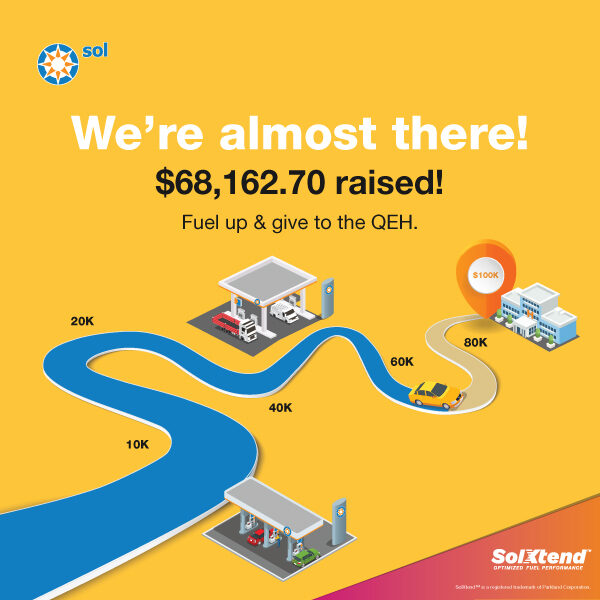EVERY SO OFTEN an issue comes to the fore that demonstrates clearly the ineffectiveness of our regulatory systems and the weaknesses of the people we elect to represent us.
The latest such issue is more than two decades old, and without doubt has brought untold suffering to scores of lowly Barbadian families with hardly a whisper all this time from either the Barbados Labour Party while it was in power or the current Democratic Labour Party administration.
We refer to the sustained leaking of more than
300 000 gallons of aviation fuel from a pipeline that connected the Shell Antilles & Guianas Ltd tank farm at Oistins, Christ Church, to the aircraft refuelling facility at Grantley Adams International Airport. This leaking, which Shell has long acknowledged as having occurred, literally decimated the earnings of the dedicated farming community at Gibbons Boggs and Pegwell.
We could be wrong, but we believe it must also have had a significant impact on the earnings of the Government agency that operated a series of irrigation wells to supply the farmers. The Barbados Agricultural Development and Marketing Corporation (BADMC) is now able to draw water from less than half a dozen of these wells because of contamination.
We don’t know Shell to be an international corporation with evil intentions that set out to hurt Barbados and its people. What we know is that mistakes occur in every organisation from time to time – and that even with good intentions, managers can make horrible decisions.
While about 30 farmers have had their claims settled by the company, anotherthree dozen or so are caught up in litigation with a world entity that has perfected the art of fighting in courts across the globe. They are therefore in a David and Goliath battle that may not end like the biblical version. Additionally, having sold most of its assets in this part of the region, Shell, in our view, is hardly likely to have its image impacted by this battle.
We believe this matter has reached this stage because our political operatives failed to hold Shell accountable for this catastrophe when it first came to light. This is a matter that should not have been left to individual farmers, or even the farmers as a group. The leaking of this massive amount of fuel into the ground should have been treated as a matter of critical national interest and the response led by the Government.
We once heard of remediation discussions between Shell and the Government but we can find nothing in our record of published stories to help us determine where that ended. This is a huge swath of agricultural land that has been contaminated. Exactly how large is the affected area? What will remediation involve? How far outside the agricultural district has the oil travelled? Have there been any independent studies done on the health impact on people living in the area?
It is in Shell’s financial interest to draw this matter out as long as possible; but it is in Barbados’ interest to bring it to a speedy and fair conclusion. That the Minister of the Environment Dr Denis Lowe is also a representative in the area should offer some comfort, but based on results to date, that can hardly be the case.
And it raises an even more important question: If we can’t manage, monitor or hold accountable those who were responsible for a four-mile line of four-inch pipe buried five feet in the ground, how do we propose convincing the population that we can protect them from the multiple risks of deep-sea drilling many miles off the shore of Oistins, where one mishap can do untold damage to the tourist product that has been the backbone of our development for the last half century?
We shudder!






